SUMMARY
This is AI generated summarization, which may have errors. For context, always refer to the full article.
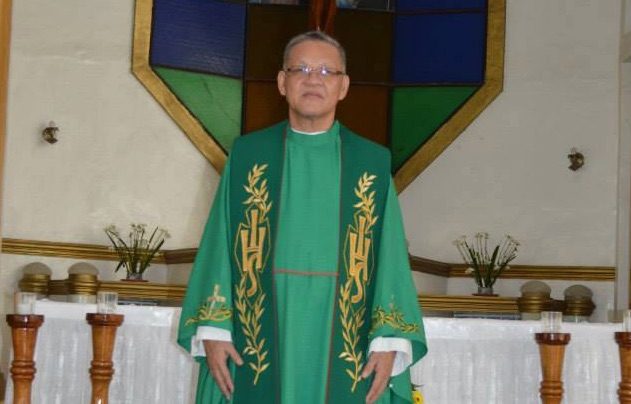
MANILA, Philippine – The Philippine government has started freezing the assets of a retired priest who was designated as terrorist under the broad power of the feared anti-terror law.
The Anti-Money Laundering Council (AMLC) issued Resolution No. TF-55 on June 10, while former president Rodrigo Duterte was still in office, “directing the issuance of sanctions freeze order to take effect immediately” against six people including retired Catholic priest Monsignor Walter Alipio de Asis Cerbito.
Cerbito was among the six people designated as terrorists on May 25 alongside Luis Jalandoni, the exiled senior adviser of the National Democratic Front (NDF).
The anti-terror council has a power to designate anyone it wants to as a terrorist without having to go to court, and without giving the subjects due hearings. The designation will happen based only on the council’s own determination and without notice. It was a power upheld narrowly, 8-7, by the Supreme Court.
The Supreme Court, as well as government lawyers who defended the law, said that the only effect of designation would be to freeze assets.
In a statement, the Pilgrims for Peace, a group of Church and civil society leaders, slammed the designation of Cerbito as “contrary to much-needed efforts for peacebuilding in the Philippines.”
“Msgr. Cerbito is a respected man of the cloth who has been at the forefront of human rights advocacy and ministry with poor and marginalized communities,” said the group. They describe Cerbito as someone “renowned for upholding a prophetic stand against human rights abuses. His advocacy has angered powers-that-be, including the military and other government officials who had oppressed local communities and violated their democratic rights.”
The group also said that Jalandoni, a former priest, “still emulates Christian values and a dignity of conduct from which many Filipinos could learn.”
Calling the anti-terror law as a “weapon against legitimate dissent,” the group said “the possibilities loom for any Filipino Church leader engaged in human rights ministry to be designated as a terrorist under the anti-terror law.”
A few days before Duterte left office, the National Security Council (NSC) under him directed the National Telecommunications Commission to block access to several websites including news sites, even though these groups and the people behind them were not designated terrorists. The NSC used the anti-terror law as premise for its direction, an act that the Integrated Bar of the Philippines called as “bereft of legal basis” and an “embarrassment” to the Duterte administration. – Rappler.com
Add a comment
How does this make you feel?
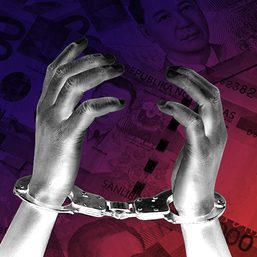
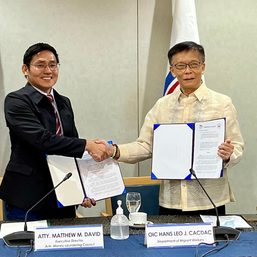
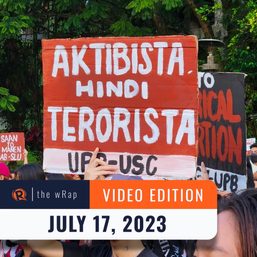
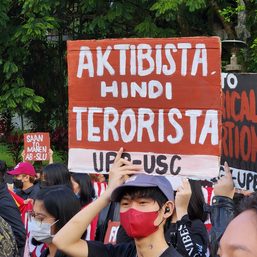





There are no comments yet. Add your comment to start the conversation.